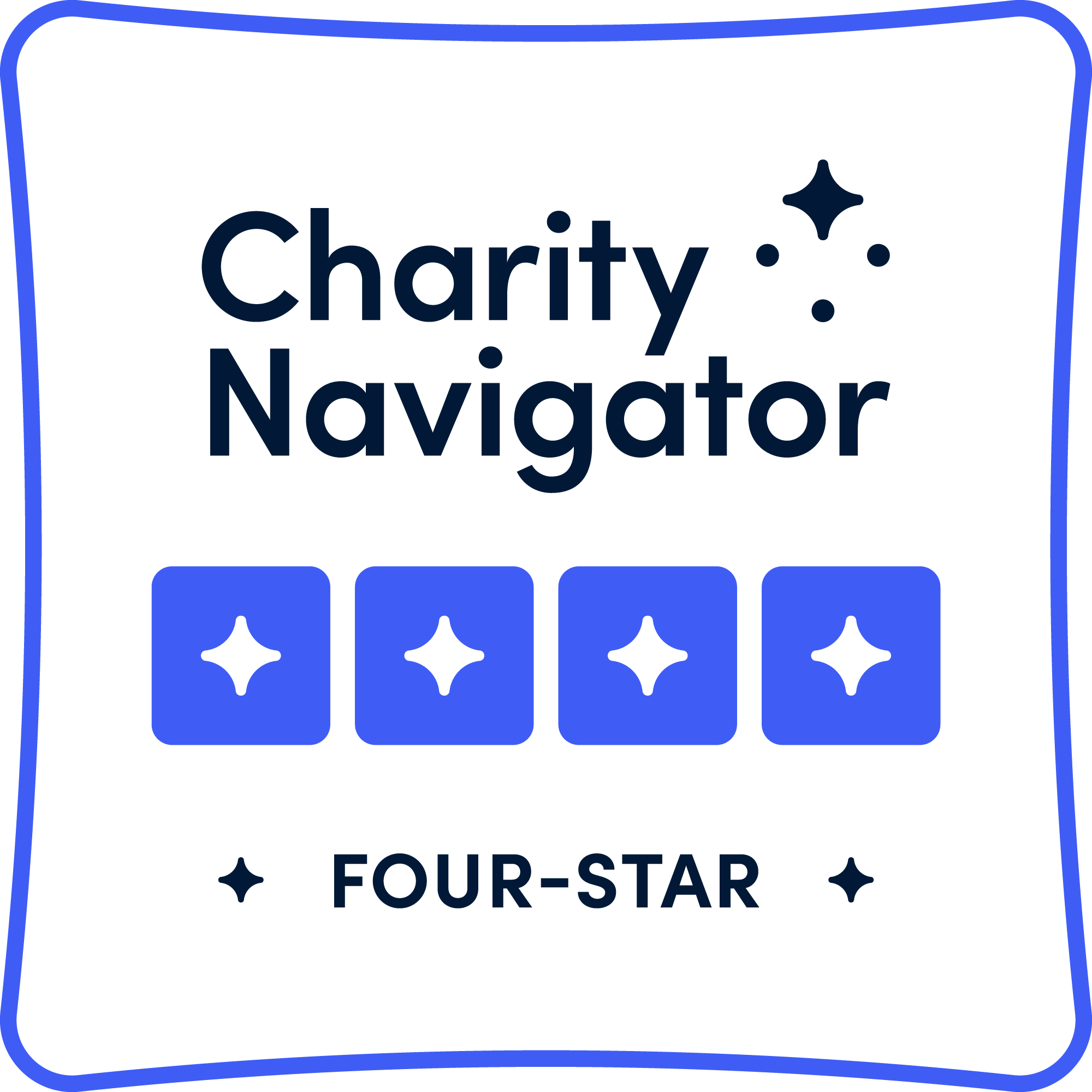Friendship Place is Here For LGBTQ+ Veterans
It’s been over a decade since the repeal of “Don’t Ask, Don’t Tell” (DADT), yet LGBTQ+ veterans are at greater risk of economic insecurity, housing instability, and mental health issues than their non-LGBT counterparts. The policy, which prohibited active-duty personnel from revealing their gender identity, sexual orientation, or HIV status, put emotional and physical pressure on these veterans.
On average, LGBTQ+ Americans face discrimination, higher unemployment rates, wage gaps, and poverty than the entire population.
In the face of rising housing costs, a shortage of affordable housing units, and long waiting lists for subsidized housing in America, organizations like Friendship Place work tirelessly to provide support and resources to those in need. Founded in 1991 to address homelessness in the Washington, DC Metropolitan area, Friendship Place now includes 170 paid staff members who serve unhoused populations in the DC region or those at risk of losing housing, including veterans.
In 2020, the organization revived its commitment to embracing sexual and gender diversity by establishing an LGBTQ+ work group that engages its staff members, board members, volunteers, and representatives from other DC-based human services organizations on LGBTQ+ issues.
We spoke to Jonathan Whitted, Relations Kathy Lowy, and Rebekah Koen about what Friendship Place is doing to alleviate the issues facing the unhoused population.
Housing, Veterans First
Many veterans received less-than- or other-than-honorable discharges because of their sexual orientation under DADT — a designation that denies them access to health and financial benefits and housing vouchers. Over 100,000 members of the American military have been released from service due to their sexual orientation or gender identity, with over 14,000 of them explicitly discharged under the policy of Don’t Ask, Don’t Tell.
In 2021, the Department of Veterans Affairs Department stated that military service members discharged because of their sexual orientation, gender identity, or HIV status under the DADT policy are eligible for all Veterans Affairs benefits. But, LGBTQ+ veterans continue to have difficulties finding work because of a lack of workplace protections.

In 2011, Friendship Place launched its Veterans First program to rapidly reintegrate unhoused veterans and their families into stable housing and prevent homelessness among at-risk veteran households. “The goal is to get people into housing first,” explains Lowy, director of foundation relations. “Then you deal with all the other issues that might be affecting them.”
The program follows the Housing First model, which affirms that individuals should have access to housing without preconditions, such as treatment program compliance or sexual orientation. It recognizes that people are more likely to successfully address other challenges, like mental health issues, substance abuse, or unemployment, when they have a safe and stable= place to live.
Recognizing the heightened risk of economic and housing instability, and mental health issues facing LGBTQ+ veterans, Friendship Place dedicates funding for this population to secure and maintain safe housing. With an investment from the Bob Woodruff Foundation (BWF), 50 veteran households will gain improved housing and financial stability through case management and emergency financial assistance, with a part of the funding designated to help LGBTQ+ veterans.
For example, many veterans the organization serves lost everything they owned to homelessness. Funding from organizations like Bob Woodruff Foundation strengthens the VA housing grants to buy sofas, dining room sets, dressers, and other essentials that can turn an empty apartment into a welcoming, livable home.
Personalized Case Management
Homelessness and other social issues are intertwined. Insufficient access to mental health services and addiction treatment further compounds the problem as people struggle to find the assistance they need to escape homelessness. Through an individualized case management approach, Friendship Place takes into account not just more tangible aspects like housing and jobs. It considers the dignity, confidence, and unique circumstances of each person in the program.
“From day one, when we’re working with someone, we’re creating 90-day stability plans,” says Whitted, the division director. “And in that [plan], we’re talking about different goals, action steps, and when would the person like to complete those goals.”
Case managers work closely with veterans, tailoring their services to meet individual needs. “It takes work in helping that individual or that family understand what a plan of action is to help them maintain going forward; you’re not just putting them into housing and then forgetting everything,” says Whitted.
Since its founding, Friendship Place has seen a remarkable upswing in resources dedicated to veterans, resulting in a significant decline in homelessness rates. Yet, obstacles persist, spurring the organization to champion aid and resources for homeless individuals and families.
“Depending on the community, if you’re looking at comparison of year to year, you may not see as much of a decrease,” explains Whitted. “But if you look trends over ten years, you see there’ve been huge improvements in helping with the homelessness crisis, especially with veterans.”
Friends Give Back
Friendship Place’s initiatives are a testament to the organization’s active role in addressing homelessness head-on, empowering veterans to regain housing stability and improve their lives.
“My mother was a veteran, and when I was younger, we actually had [a] lived experience of homelessness,” says Koen, an assistant director. “It led me into the career path that I am now because I was driven to want to help prevent families from going through what we went through. That’s what led me here, and this is what really keeps me going is knowing that what we do really is impacting people’s lives.”
While challenges persist, organizations like Friendship Place work to address the root causes of homelessness and advocate for resources and support to end homelessness in America. With continued actions and collaboration, we can strive to ensure everyone has a safe and stable place to call home.









